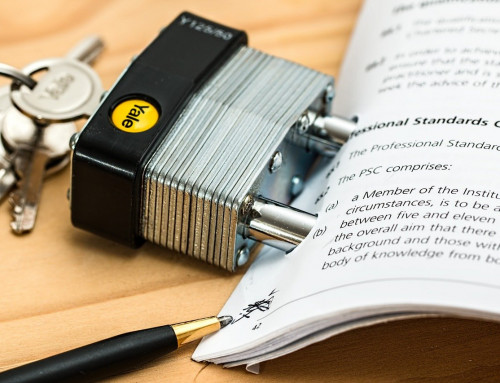In order to sign a notarial document on behalf of another, it is essential to provide an authentic copy of the power of attorney, which certifies that you are the representative of the person on whose behalf you are going to sign.
Article 164 of Decree of June 2, 1944 that definitively approves the Regulations for the organization and regime of Notaries, from now on Notarial Regulation, establishes that the identification data of the document from which the representation arises must be outlined except when it emanates from the law, in which case this circumstance is expressed, it is not necessary that the legal representation is justified if it consists by notoriety to the authorizer.
Therefore, a proxy for the buyer or seller can sign as long as the corresponding power of attorney is provided. They will have to be sufficient powers to carry out a sale. If they provide a General Power of Attorney, they will have to make sure that it does not include a clause that limits the powers of disposition of the attorney-in-fact.
If the grantors are on behalf of a society, Article 165 of the Notary Public Regulations establishes that the circumstances relating to the representative's personality, the name and address of the entity, the registration data and tax identification number must be designated, and the data of the title from which it results must be indicated. the expressed representation.
Providing an authentic copy of the powers of attorney is very relevant precisely because one way to revoke the powers of attorney between natural persons is by removing the copy from the reach of the attorney-in-fact. The mercantile powers are registered in the Mercantile Registry and consequently it can be verified that the representation is still in force. However, powers of attorney between individuals are not registered, so if the attorney-in-fact does not have a copy of it, there is a possibility that the principal has revoked it.
If you want to be more informed about powers of attorney in relation to general powers in favor of children click here, in relation to preventive powers click here and in relation to the different powers that can be granted click here.




Leave a Comment